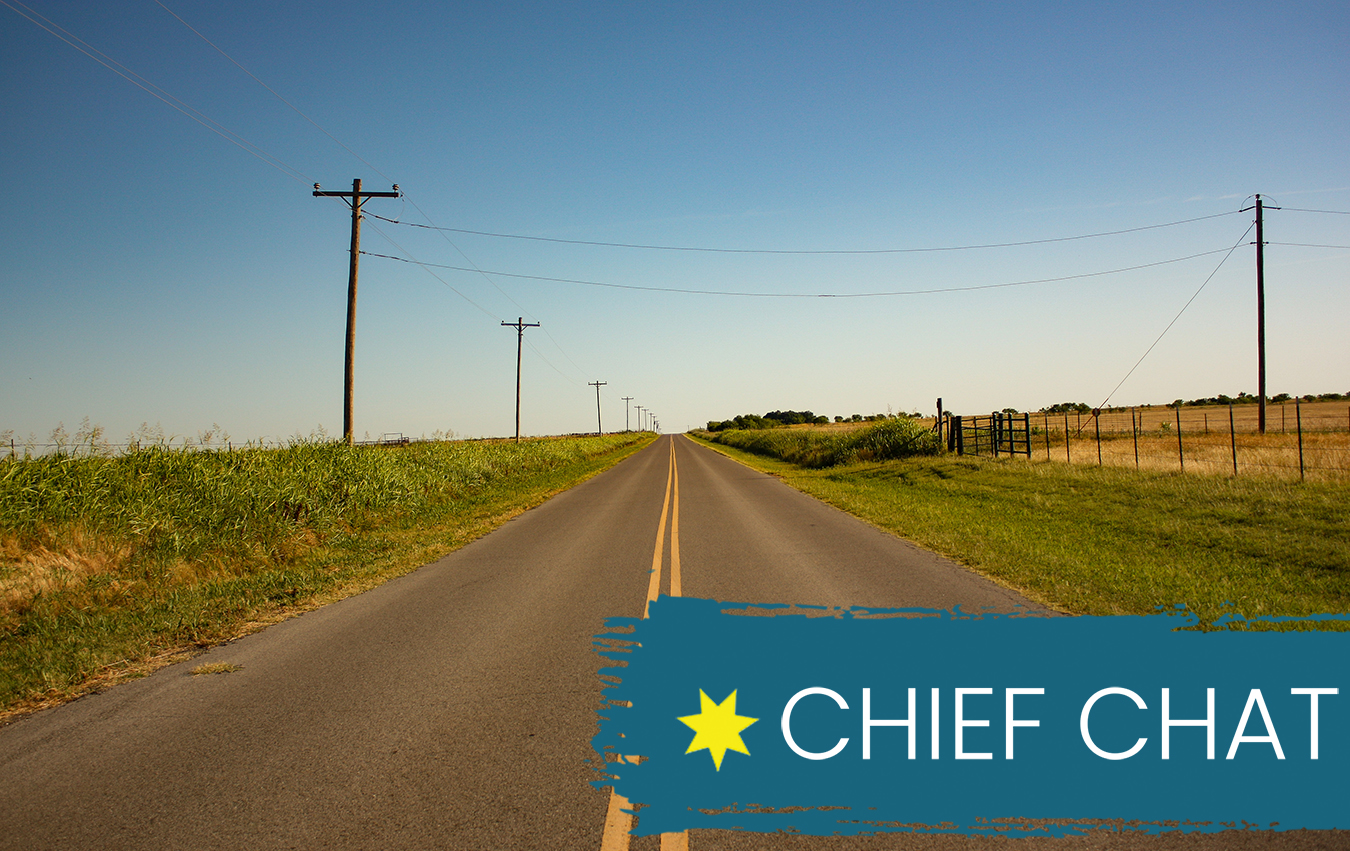Osiyo,
If you live within the Cherokee Nation and see a rural transit vehicle, Cherokee Nation along with some great partners helped make it possible. It is a great investment.
Cherokee Nation budgets more than $2 million annually for rural transit, leveraging federal funds to support our rural transit partners. We subsidize rides for tribal citizens, which lowers their cost but also helps make low-cost rides possible for everyone. During the past five years, we have provided 27 new transit vehicles to our transit partners so they can focus more on providing services to all and less on purchasing vehicles.
If you know Pelivan, KATS, Muskogee County Transit Authority or Cimarron Public Transit, then you know our transit partners. Together we make a great team. In rural areas, we are a team of two: The tribe and our transit partners fund routes between communities. In 12 towns across our reservation, we have a third and powerful partner: local government.
Take my hometown of Vinita, for example. In a typical year, Vinita turns around $48,000 in local tax dollars into full-time, low-cost local transit service staffed by three drivers for all local citizens through an agreement with Grand Gateway Economic Development Association, which operates Pelivan.
The direct value to Vinita for that service is around $330,500. Turning $48,000 into $330,500 is possible because before Vinita spends a single taxpayer dollar, Cherokee Nation and Grand Gateway already footed most of the cost. It gets better: The National Rural Transit Assistance Program reports that every dollar spent on rural transit generates four dollars in the local economy. That translates into a $1.3 million in annual economic impact for Vinita alone.
Vinita and 11 other communities leverage pennies into dollars, local citizens with transportation barriers get transportation services, and the whole community wins. The win is freedom of travel to goods and services, particularly for low-income citizens, and a local economic boost. Local leaders know that a modest investment of tax dollars returns to the community many times over.
For some, rural transit is the only way to get groceries, go to the doctor, go to work or do any number of things many of us take for granted. Elders, low-income workers, veterans and those with disabilities are among your family, friends and neighbors who depend on rural transit.
Cherokee Nation’s support for rural transit is nothing new. That is why I am highlighting it. My concern is that longstanding public services become so commonplace that people take them for granted and eventually neglect to support them. There is even the risk that partners involved in delivering public services lose sight of the power of teamwork.
Imagine, for example, if a town walked away from funding rural transit to eliminate the “expense” of rural transit. If we do not from time to time remind our rural transit teammates that each of our rural transit dollars multiplies exponentially, we could end up “penny wise and pound foolish.” Cutting rural transit would cost that town dearly.
The risk starts locally and extends nationally. If federal, state, local or even tribal leaders retreat from rural transit, we will all lose. I am proud that Cherokee Nation chooses to invest in rural transit, but we need support from all levels of government. At present, we have that. But we risk losing it if we get complacent.
What can you do? You can thank local leaders for their commitment to rural transit and press those who seem unsure of their position or oppose it. You can attend public meetings and express support for rural transit to local, state, tribal and federal officials.
We have a template letter on the Citizen Action page on our website, Cherokee.org, to use as a resource and become a champion of rural transit. You can educate yourself on how rural transit works in your community. In addition to our website, NationalRTAP.org and RuralTransportation.org are great resources.
Most of all, if you need rural transit, know that within the Cherokee Nation Reservation it is there for you. Know that our tribal nation has a commitment to rural transit and that we work to improve and expand it. Know that Cherokee Nation and our partners make rural transit possible.
Wado,
Chuck Hoskin Jr.
Principal Chief


